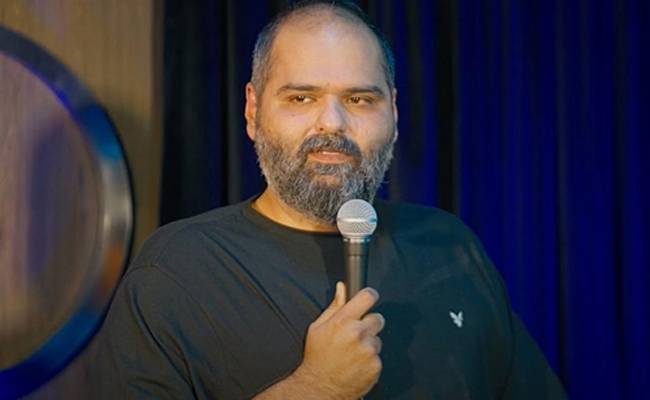New Delhi: Having surpassed Bernard Arnault, who owns Louis Vuitton, as well as Jeff Bezos, head of Amazon, Indian business tycoon Gautam Adani, with a net worth of $154.7 billion, is now the second richest person in the world, as per a Forbes survey.
Elon Musk, whose worth is $273.5 billion, remains the richest in the world.
Adani had surpassed Arnault last month too, and become the third richest in the world, although he was still behind Musk as well as Jeff Bezos.
Now, however, Arnault has slipped to third position in the list of richest persons in the world. His net worth is $153.5 billion having fallen by $4.9 billion (3.08%) today. Bezos is at fourth, his worth being $149.7 billion, after a $2.3-billion fall.
Reliance Industries Ltd head Mukesh Ambani ranks eighth in the list, his worth being $92 billion, according to Forbes.
Let the Truth be known. If you read VB and like VB, please be a VB Supporter and Help us deliver the Truth to one and all.
New Delhi (PTI): Prime Minister Narendra Modi on Tuesday held wide-ranging talks with French President Emmanuel Macron to boost ties in key sectors such as trade, defence, energy and critical technologies.
Macron landed in Mumbai early this morning on a three-day visit to attend the AI Impact Summit in New Delhi and meet PM Modi.
After the talks with Modi, Macron will attend a ceremony to launch the India-France Year of Innovation.
His visit comes days after India cleared a long-pending proposal to procure 114 Rafale fighter jets under a government-to-government framework with France.
It has been billed as one of the world's biggest military procurement programmes in recent years.
It is learnt that shoring up defence cooperation and enhancing bilateral engagement in the critical technology sector are priority areas to take forward the ties.
"Welcome to India! India looks forward to your visit and to advancing our bilateral ties to new heights. I am confident that our discussions will further strengthen cooperation across sectors and contribute to global progress," Modi said on social media earlier in the day in response to a post by Macron.





